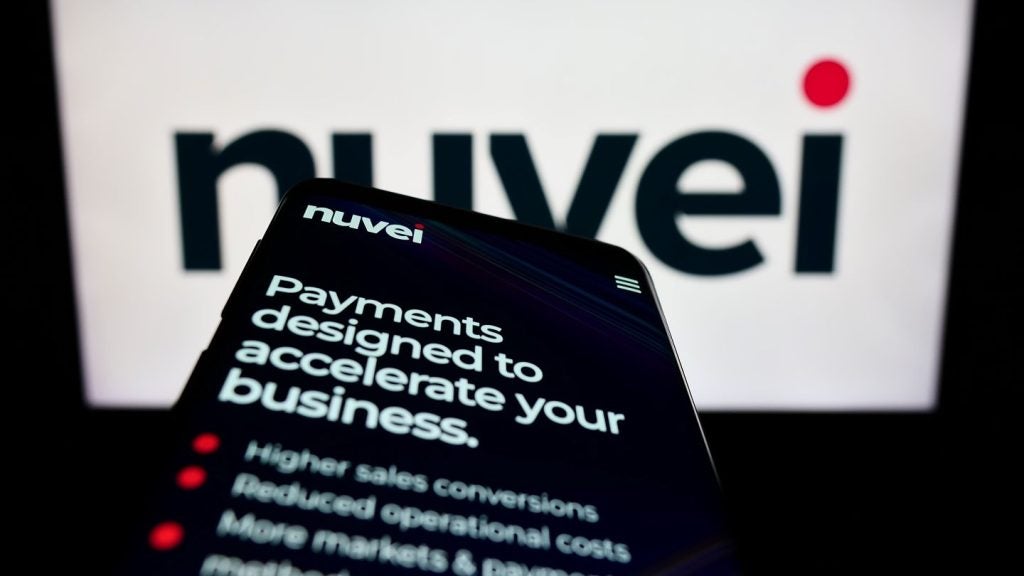Irish financial software vendor Sentenial has launched a service
which enables European billers to accept paperless SEPA-compliant
direct debit mandates.
Sentenial SEPA e-Mandates is a SEPA-compliant e-Mandate facility
that allows corporates to accept applications for direct debits on
their websites, without any need for a paper signature.

Access deeper industry intelligence
Experience unmatched clarity with a single platform that combines unique data, AI, and human expertise.
A corporate wanting to accept direct debit applications on its
website will display a link to the Sentenial SEPA e-Mandates
service, which Sentenial provides on a hosted,
Software-as-a-Service (SaaS) basis.
Sentenial says that Sentenial SEPA e-Mandates electronically
captures and records the customer’s authorisation of their mandate
and performs real-time validation of their bank account
details.
The service is based on a Pan-European framework that allows
corporates to choose a level of customer authentication best suited
to their individual business needs.

US Tariffs are shifting - will you react or anticipate?
Don’t let policy changes catch you off guard. Stay proactive with real-time data and expert analysis.
By GlobalDataA light form of authentication
“Corporates with a low risk of refunds can opt for a light form
of authentication, while firms requiring a stronger form of
authentication can choose a more advanced mode which verifies that
the customer has control of the specified bank account,” Sentenial
said.
“We are already rolling out Sentenial SEPA e-Mandates with our
partner banks to their corporate customers,” Brian Hanrahan,
Sentenial’s executive vice president, sales and marketing,
said.
Sentenial has SEPA services partnerships with banks such as AIB,
ING, and Commerzbank.
“There has been a slow take-up of SEPA Direct Debit in Europe,”
Hanrahan said. “Just 1 percent of total European direct debit
volume is currently SEPA-compliant. This is much slower than anyone
had predicted.”
The reason for the lack of adoption is because the original SEPA
rules specified that new SEPA-based direct debits could only be set
up with paper signatures, Hanrahan said.
“This was seen a regressive step, given that most European
countries have allowed billers to accept e-mandates for pre-SEPA
direct debits,” he said.
“Requiring billers to change their systems from e-mandates to
paper-based mandates involves a lot of work, which is why billers
have been reluctant to make the change. The last thing that
corporates want to do is to go back to paper mandates for direct
debits.”
In 1999, the European Union issued a directive allowing
e-signatures to be used for electronic transactions such as setting
up direct debits, Hanrahan said.
“The most recent SEPA Direct Debit rule book is more open
towards allowing e-mandates, based on the EU’s e-signature
directive,” he added.
Hanrahan said that over the last few years European banks and
corporates have adopted a very passive, information-gathering
approach to SEPA Direct Debit.
“However, the end-date for migrating to SEPA Direct Debit is
becoming clearer, with EU legislation expected to be passed by the
end of 2011 specifying the first quarter of 2014 as the deadline.
So this is forcing banks and billers to start planning for SEPA
direct debit migration.”
Under SEPA rules, it will be possible for a biller in any
Eurozone country to accept direct debits from anywhere else in the
Eurozone.
Separately, Hanrahan told Electronic Payments
International that Sentenial has been selected by a global
bank that is headquartered in the US.
Sentenial expects to announce the name of the bank next week, he
says.
In June 2011, Sentenial appointed former European Union
Commissioner Charlie McCreevy to its board of directors.
“Mr. McCreevy’s in-depth knowledge of the European banking and
the regulatory environment will considerably strengthen Sentenial’s
board,” the firm said in a statement.
As European Commissioner for the Internal Market and Services
between 2004 and 2010, McCreevy played a key role in driving the
SEPA project through its formative years while setting the
foundations for the current and final phase of the implementations
of SEPA Direct Debit and SEPA Credit Transfer.






